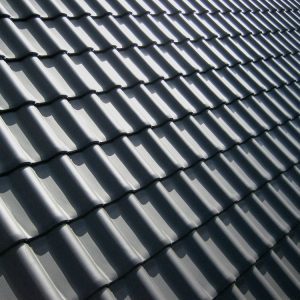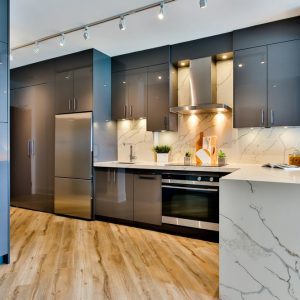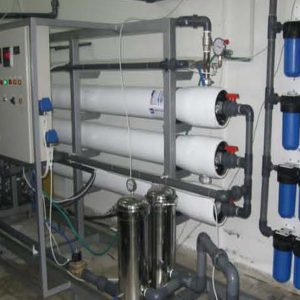It’s hardly news… solar panels are a great way to generate your own electricity to save money. With prices sitting at historical lows, it makes sense to think about going solar.
However, even with the current low costs, a solar panel investment can still require a considerable outlay. How much you will save on your energy costs and the pay-back period depend on three main factors.
- How much of electricity you produce can you actually use? If you spend a lot of time at home during daylight hours – especially if you work from home – you might consume 100% or more of your system’s electrical output. That means you are not buying that amount of power from the grid.
- If your system generates more daytime power than you consume, can you sell it back to the grid. If so, what is the feed-in tarrif. In other words, how much do you get paid for that surpus electicity?
- How long will your system last and what will the maintenance costs be during the life of your solar system?
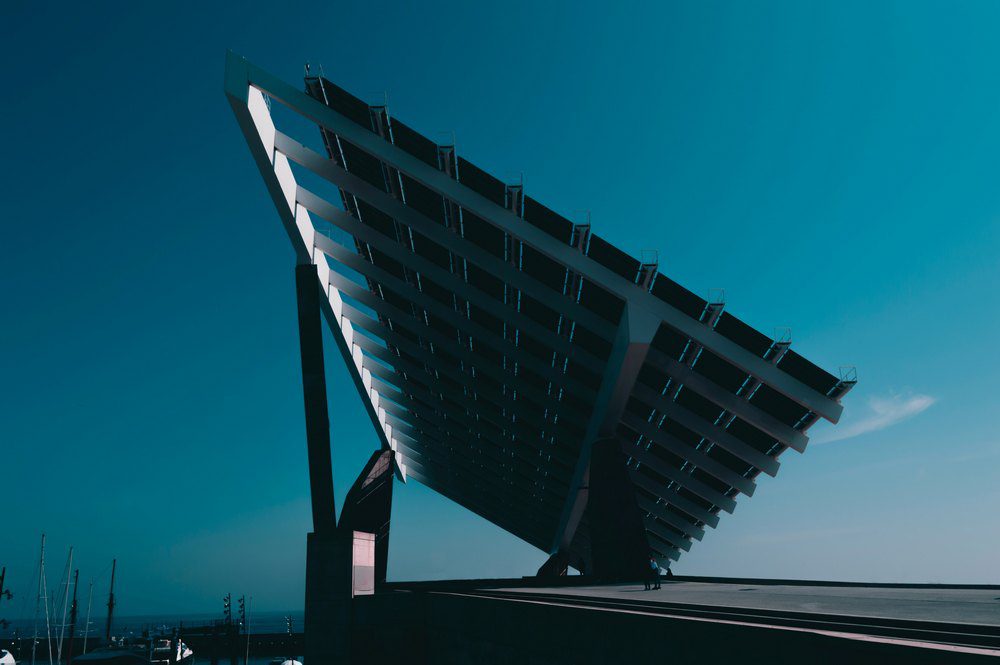
In this post, we’ll address these questions, factoring in the different variables that may affect your panels’ lifespan. We’ll also cover ways that you can make your solar panels and entire system not only last longer, but generate more power over it’s effective lifetime..
We’ll also look at another very common question – when is the right time to replace your panels.
Contents
Solar System Degradation
Let’s start by looking at solar panel degradation. You may already be aware that even the highest quality, most expertly installed panels will eventually degrade. This is simply the result of constant exposure to natural elements such as high and low temperatures, wind, rain and hail and even bats and birds.
Little by little, your solar panels’ output performance will degrade as tiny fractures develop in the silicon cells. These are called microcracks. As these microcracks advance and multiply, electrical connections will begin to fail. As a result, solar cells within your panels can no longer convert sunlight into electricity at an optimal level. In turn, this leads to the system’s performance gradually declining. This decrease in efficiency is known as ‘degradation’ or ‘power degradation’.
Your Electricity Usage and Feed-In Tariffs
Because usage is totally dependent on your circumstances, you will need to do your own homework here. The same applies to feed-in tariffs. These can vary between electricity suppliers, from one state to the next and even at a regional level.
How Can You Expect Your Solar Panels to Last?
The most recent National Renewable Energy Laboratory (NREL) data shows that today’s solar panels have a degradation rate of roughly 0.5% per year. Design and manufacturing improvements have bout that down from the 0.8% test results back in 2012.
At the rate of 0.5%, a solar panel sold today would still be capable of producing about 90% of the electricity it produced when it was new, in 20 years from now.
So, you can safely assume that the average life of a quality polycrystalline or monocrystalline panel is around 25-30 years; however, this can vary depending on a range of factors.
Based on that information, reputable solar panel manufacturers typically offer warranties of 25 year and even 30 years.
The Things That Will Affect Your Solar Panel System’s Lifespan
There are multiple factors that can affect your system’s lifespan:
Environment
Thermal cycling: When temperatures fluctuate, particularly between day and night but also when it rains or heavy clouds roll in, your panels and even the wiring will expand and contract. These temperature changes are called thermal cycles.
Over time, this process will put strain between joins and cause slow deterioration.
Wind
Although winds help keep panels to stay cooler during hot days – leading to better efficiency, they are a double edged-sword. That’s because stronger winds can cause panels to flex, resulting in damage over time
Humidity: In frequently hot and humid environments, the moisture and ambient temperature from the environment can produce electrochemical reactions. These reactions can then result in corrosion and electrical deterioration. The reactions can also cause the adhesive to fail in cheaper, lower quality panels.
UV Damage
Quality panels are treated with a protective UV blocker to limit the effects of UV degradation. However, some cheaper panels aren’t and will begin to discolour and sometimes even fall apart as the glue degrades.
Panel quality
As already highlighted, there are many factors that contribute to the overall quality of your solar panels. The brand, reliability and efficiency of each panel is all indicative of how long it will last.
Cheaply made panels may have super-glued wiring, dodgy connections, poorly soldered joints and inferior quality components. Here in Australia, one reliable indicator for high performance solar modules (panels) and inverters is that they meet Australian Standards for use in the design and installation of solar PV systems. Check to see what similar standards exist in your location. You can also refer to the ‘tier system’ which relates to the reputation of the manufacturer for quality and performance.
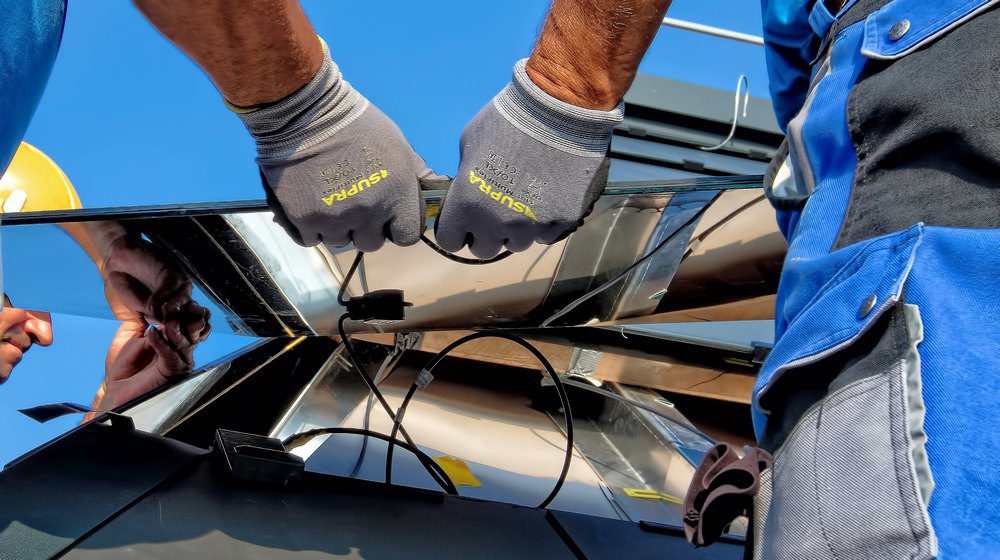
Installation
The best way to ensure your panels are well connected and insulated is by hiring a reputable installer who specialises in solar PV systems. It’s also important that you choose an experienced company that have been operating for at least a few years – they will be able to guide you on the best system to suit your specific needs and location.
Maintenance
A well-maintained system will last longer. Regular inspections of your solar system can spot potential issues before they become a problem. These may include things like loose racking, hail damage or exposed wires.
An inspection of your system should include an inspection of the other equipment involved in a solar installation, for example, your solar inverters and roof racking system. A typical central inverter for a PV installation will last between 10 and 15 years and will need to be replaced at some point during the lifetime of your solar panels.
What can you do to slow degradation?
As you read above, some of the causes of solar panel degradation are under your control, while others are not. In fact, the most important steps to preventing premature degradation occur before you even make your purchase.
Don’t cut corners when it comes to product quality and labour. Find a reputable solar installer who will do their due diligence to not only supply a high quality product, but also correctly install it to maximise its efficiency and minimise the impact of degradation.
In addition, ensure you maintain your solar panels according to the manufacturer’s instructions – the effort is relatively minimal but a little TLC can go a long way to prolonging the performance and lifespan of your investment.
For example, be sure to remove debris that may end up on the solar panels or that builds up around the racking. Leaves, dust and bird dung, can all affect performance. Leaf build-up in the racking is also a potential fire risk if you are in a bush/forest fire prone area. Quite simply, keeping your panels clean is a great way to extend their lifespan.
So when is the correct time to replace solar panels?
Because here are many factors involved, there’s no set rule on when you should replace them. At what point does the degradation reduce output to the point where a new system becomes an investment rather than an expense?
As a guide, you will find that most manufacturers and installers recommend replacing your panels when their efficiency drops below 80%. However, even at 70% output, you may still find that the panels meet your needs.
Summary
How long solar panels last and when you should replace them depends on numerous factors including product quality, installation methods, maintenance practices and your local climate conditions.
You can’t control the elements and no panel is invincible, but you’ll usually get the best value/ROI when you invest in a quality system that has been professionally installed.

